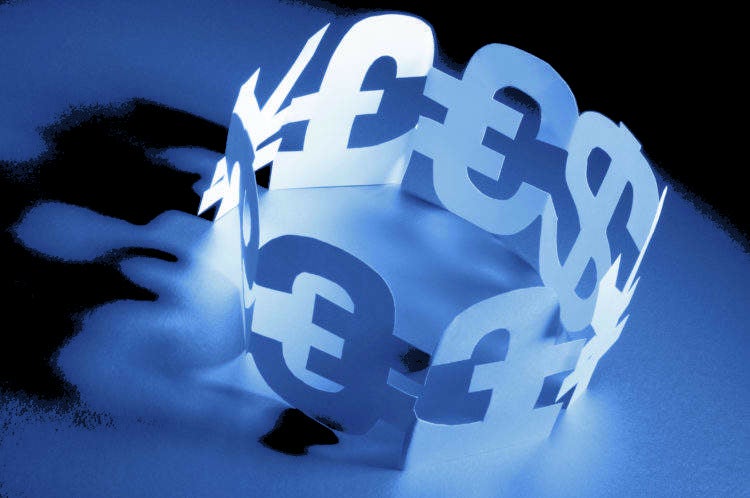
German car maker Daimler and German bank Landesbank Baden-Württemberg (LBBW) have processed a €100m (£88.5m) loan using blockchain.
Blockchain is a digital database of records known as blocks used to record transactions made in digital currencies such as Bitcoin and Ethereum.
The loan, a one-year corporate promissory note (Schuldschein) was launched as a pilot, with savings banks Esselingen-Bürringen, Ludwigsburg, and Ostalb acting as lenders in addition to LBBW.
All stages of the transaction, from origination to interest payments, were carried out using the distributed ledger technology, with the cooperation of Daimler and LBBW’s technology subsidiaries, TSS and Targens.
Blockchain is continuing to gain steam in financial services, prompting to UK’s Financial Conduct Authority (FCA) to open its discussion paper on distributed ledger technology for consolation in May.
Bodo Uebber, member of the board of management for Daimler AG, with responsibility for finance and controlling and Daimler Financial Services, suggested the pilot could lead to future transactions being carried out using the technology.
How well do you really know your competitors?
Access the most comprehensive Company Profiles on the market, powered by GlobalData. Save hours of research. Gain competitive edge.

Thank you!
Your download email will arrive shortly
Not ready to buy yet? Download a free sample
We are confident about the unique quality of our Company Profiles. However, we want you to make the most beneficial decision for your business, so we offer a free sample that you can download by submitting the below form
By GlobalDataUebber said: “The pilot project is our first step in testing the wide variety of possibilities for using blockchain technology and assessing this technology’s potential for future transactions and finance processes.”
Kurt Schäfer, vice president, Daimler Treasury, said Daimler intended to play a role in developing how the ledger technology is used.
He said: “We want to play an active role in the global blockchain community and help shape the cross-sector blockchain standards.
“We want to do this in all the areas of application that are important to us: customer relations, sales and marketing, supplier management, digital services, and financial services.”







